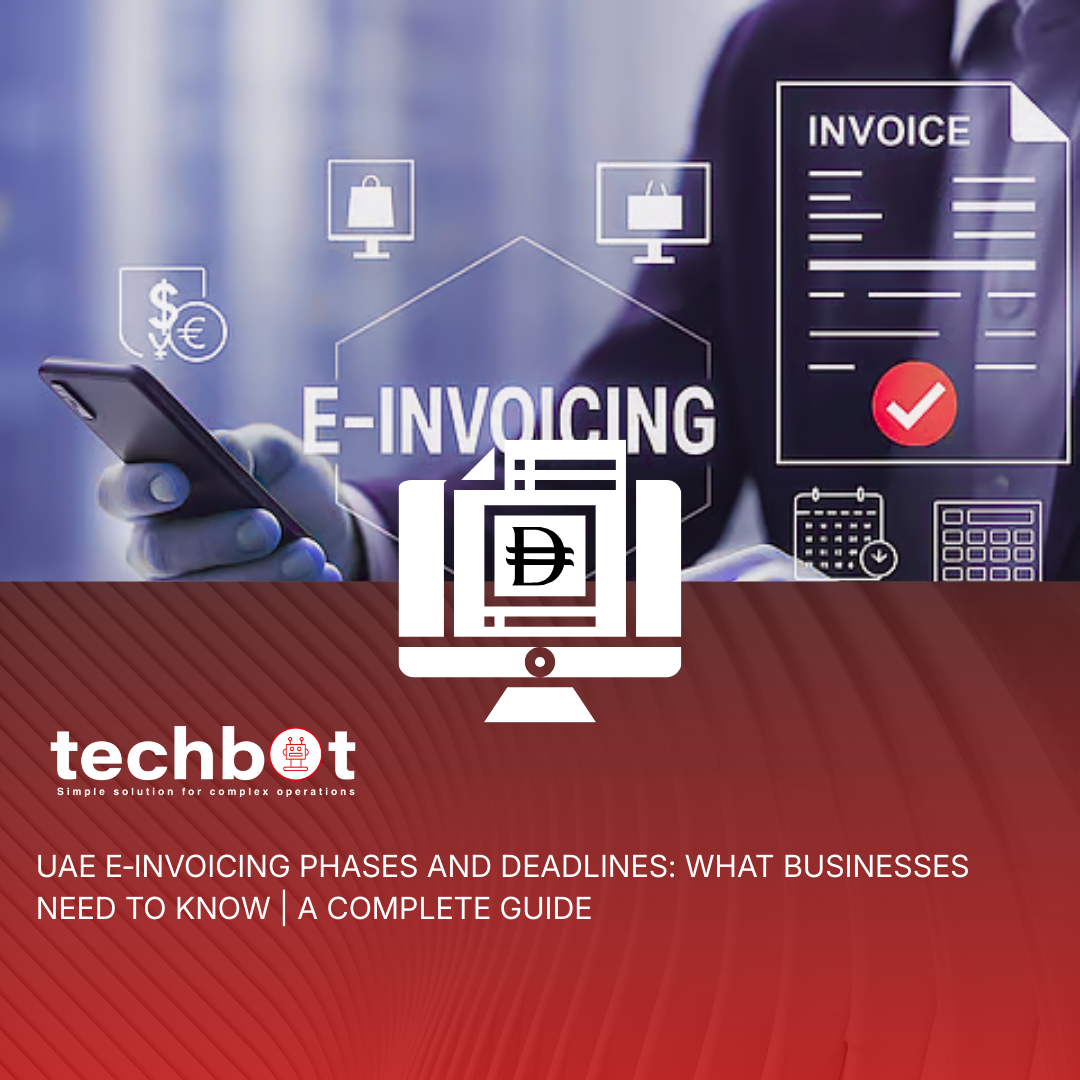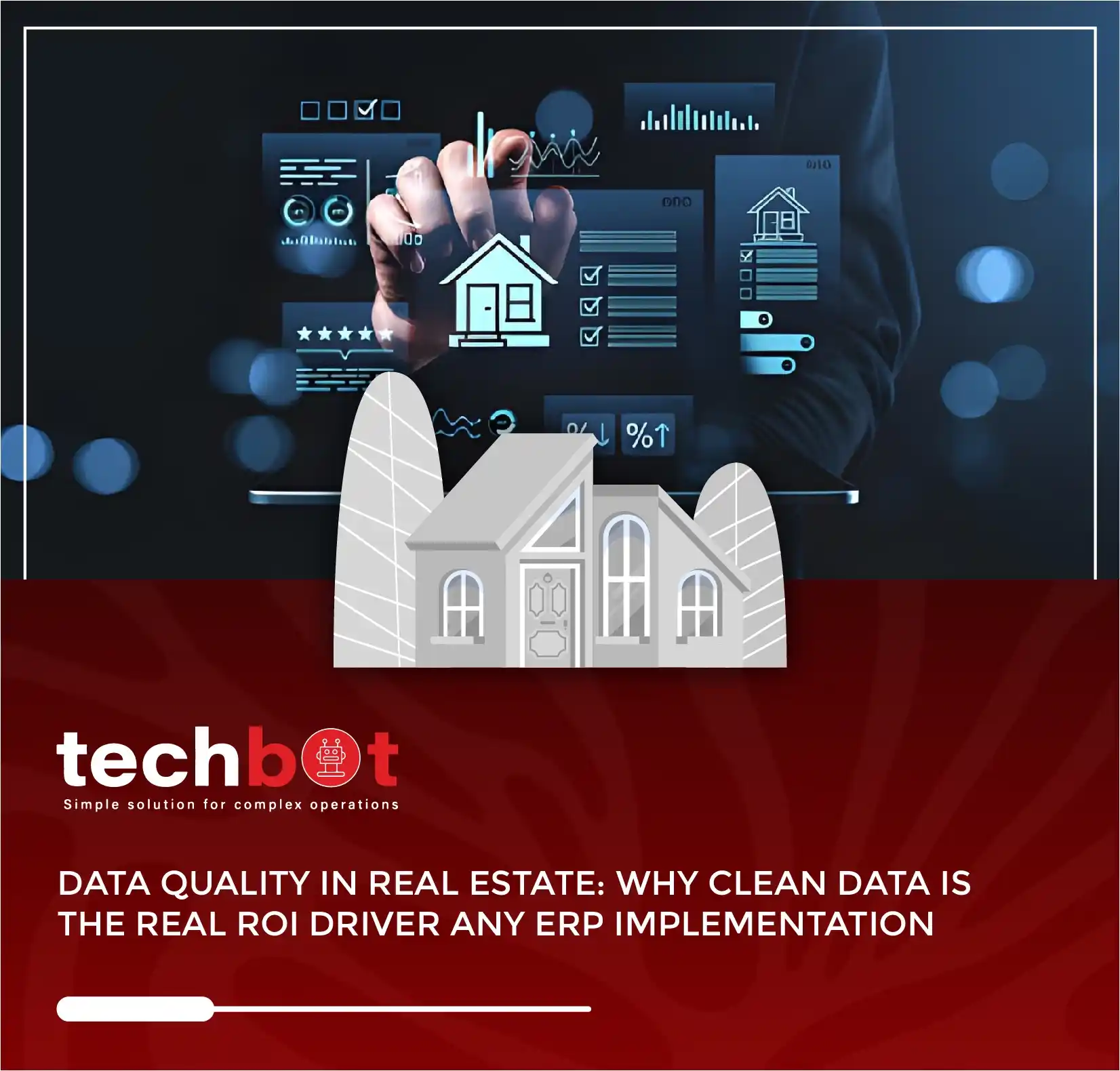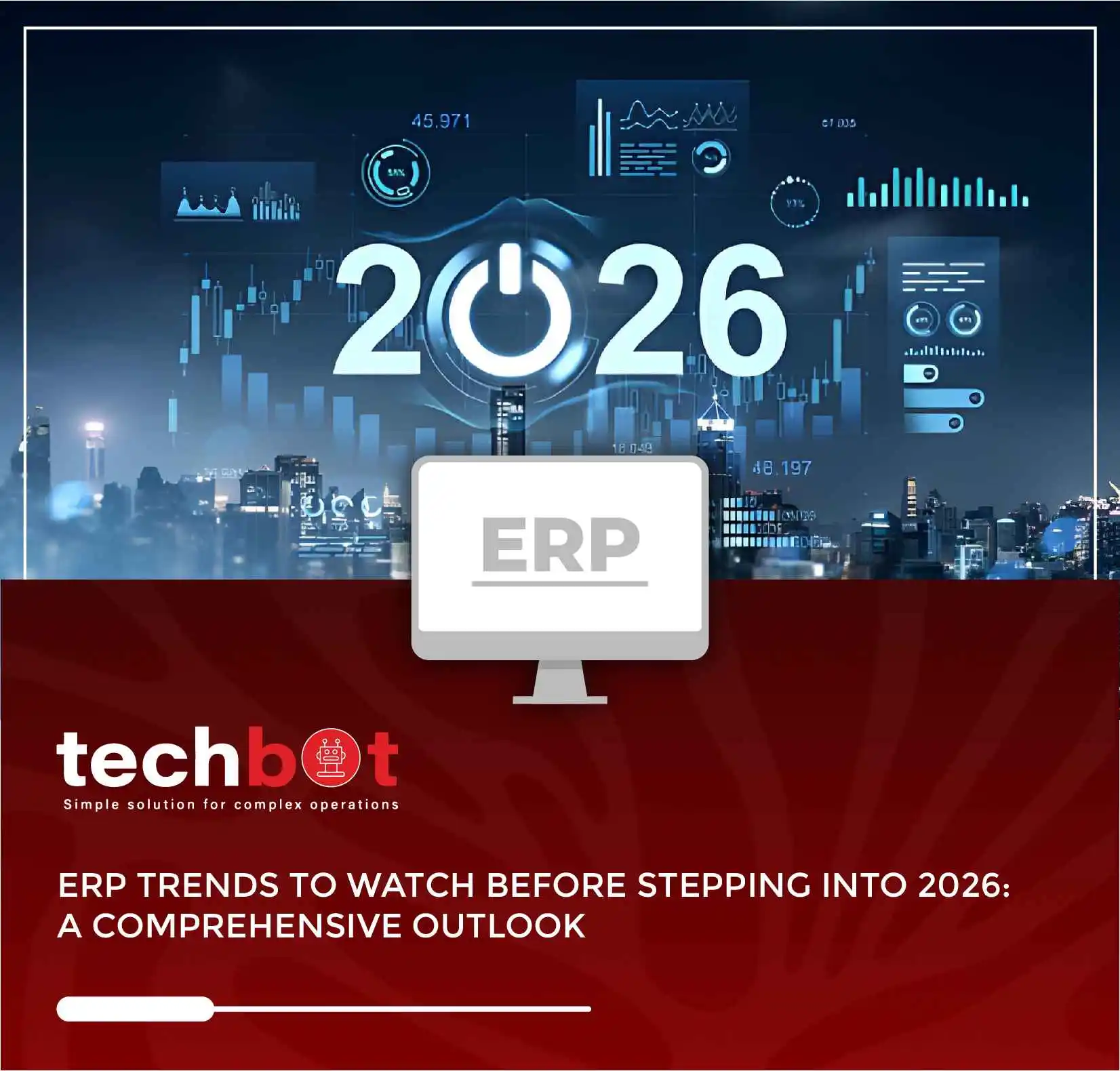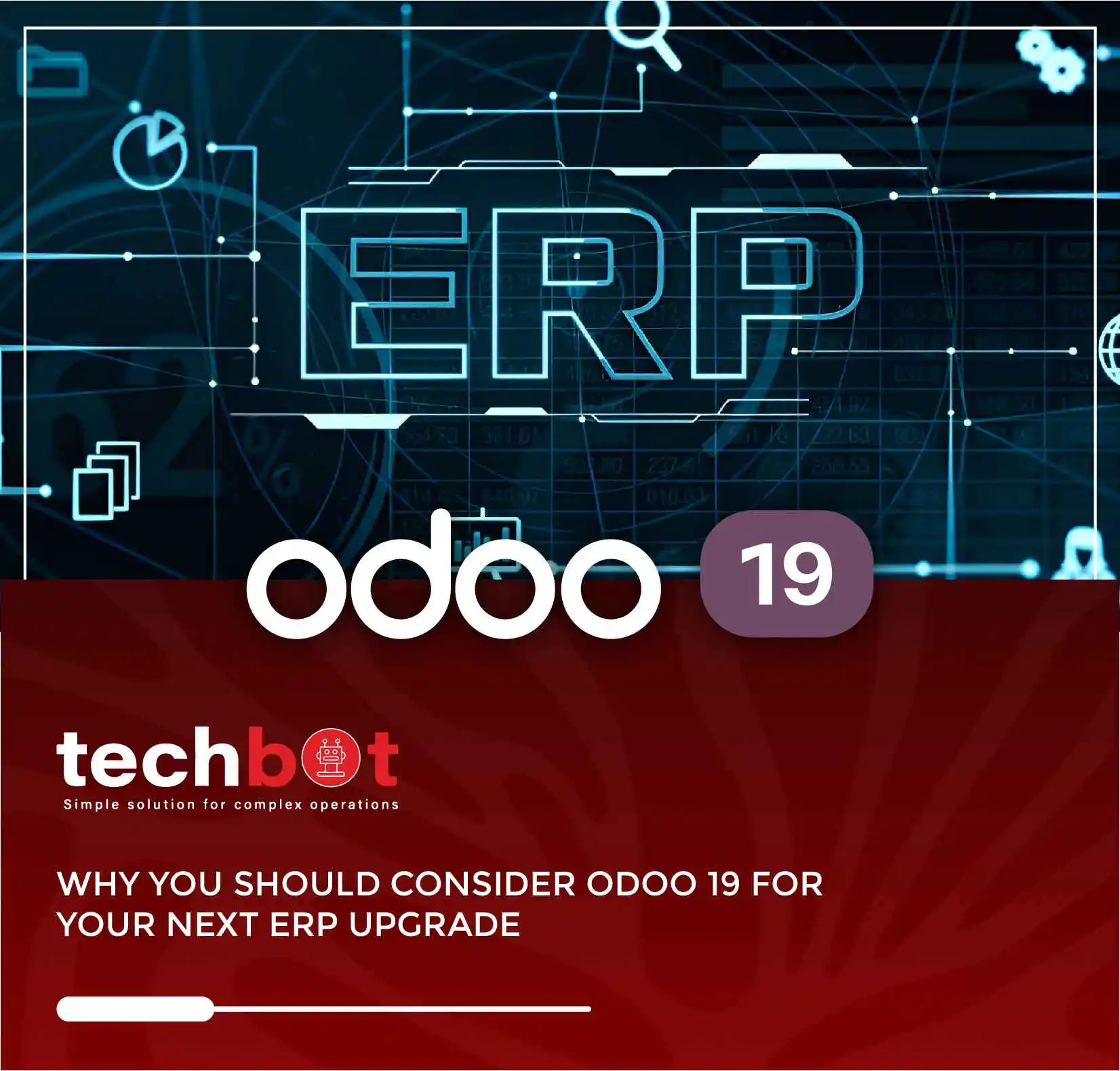ERP vs CRM: What Manufacturing Businesses Should Know Before Investing
Moossa M. Alavi
Moossa M. Alavi is the Founder & CEO of Techbot ERP and Altamyz Advertising. He is a certified Odoo consultant with more than 27 years of experience in business, advertising, and ERP software. Moossa started his career in the UAE in 1997 with a well-known group in Abu Dhabi. Over the years, he built his own companies to help other businesses work better using technology. Moossa helps with customized ERP implementation for various industries, including manufacturing, insurance, supercar rental, and logistics, through Techbot ERP. He resolves these issues with Odoo ERP and supports businesses in growing with the right assets and guidance. Moossa has received many awards for his work, including the Arabian Best of Best Award and the Industry Leader Award from BNI UAE. He is also a BNI Ambassador and mentors other business owners. He believes in giving back to the community and helping others grow, following the “Givers Gain” principle.
Share this post
Latest Post
Recent Posts
- How our ERP solution simplifies multi property management
- UAE E‑Invoicing Phases and Deadlines: What Businesses Need to Know | A Complete Guide
- Odoo Pricing Guide for the UAE 2026 | Key Factors to Consider Before Your Implementation
- Why Clean Data Drives The Highest ROI In Real Estate ERP Projects
- ERP Trends To Watch Before Stepping Into 2026: A Comprehensive Outlook
- Importance Of ERP For Growth And Compliance In Real Estate
- Why You Should Consider Odoo 19 For Your Next ERP Upgrade
- Odoo 19 Migration For Real Estate: Benefits, Risks & Migration Checklist
- How AI Agents In Odoo 19 Are Revolutionizing Business Support
- Top 7 Odoo 19 AI Features Transforming Business Workflows
Selecting the right business management software is a critical decision for manufacturing companies, especially those still relying on outdated tools like Excel or Google Sheets to manage complex operations. As production scales, these legacy systems fall short in areas like inventory forecasting, waste tracking, and real-time reporting.
Manufacturers today need to handle both internal workflows and customer interactions more efficiently. While an ERP system supports production, inventory, and finances, a CRM system focuses on sales, marketing, and customer service. Understanding the differences between ERP and CRM will help you choose a system aligned with your current pain points and future goals.
In this blog, we will break down ERP vs CRM, their key differences, and help you decide which one is the right fit for your manufacturing business.

What is an ERP System?
An ERP system is a business management software that integrates core functions like inventory, production, supply chain, finance, and HR into a unified platform. It helps manufacturers improve operations, reduce costs, and gain real-time insights into business performance.
ERP allows manufacturers to centralize data, reducing manual errors and ensuring smooth communication between departments. With automated reporting and better resource management, businesses can reduce downtime, avoid unnecessary expenses, and improve production efficiency.
Related article read – ERP Implementation In The Manufacturing Industry
Key Features of ERP for Manufacturing
- Inventory and Supply Chain Management
Keep a close eye on raw materials and finished goods. This helps reduce material waste, especially in industries like steel or precast. You can also plan better by knowing what stock you need and when. - Production Planning
Organize your production process from start to finish. Get real-time updates on orders and materials, so your team always knows what to do next. This helps you meet deadlines and avoid last-minute problems. - Financial Management
Take full control of your accounts, budgets, and costs. Instead of using Excel or Google Sheets, use one system to see where your money is going and how much profit you are making. - Compliance and Reporting
Make sure your business follows all the rules. You can easily create reports that show how well your production is going, how much waste you have, or how many orders you completed on time. - Workforce Management
Make it easy for your staff to use the system, even if they are not good with computers. With simple screens and tools like barcode scanners, your team can work faster and with fewer mistakes.
What is a CRM System?
A CRM system focuses on managing customer relationships, sales, and marketing efforts. It helps businesses track leads, automate follow-ups, and improve customer service.
For manufacturing businesses, a CRM system ensures that customer interactions are well-documented, allowing for better sales forecasting and improved client relationships. With proper customer management, businesses can enhance their reputation, increase repeat purchases, and offer better support services.
Key Features of CRM for Manufacturing
- Sales Pipeline Management – Organizes leads, opportunities, and customer interactions.
- Customer Service & Support – Provides real-time support and improves customer retention.
- Marketing Automation – Enables email campaigns, lead nurturing, and targeted promotions.
- Data-Driven Insights – Tracks customer behavior, sales performance, and market trends.
- CRM Integration – Connects with ERP for easy data sharing and better decision-making.
Looking to boost productivity and cut costs? Talk to our ERP experts and find the right solution for your manufacturing business.

ERP vs CRM: Which one is right for manufacturing?
The choice between ERP and CRM depends on your business priorities. Here’s a quick guide to help you decide:
Manufacturers looking to improve operational efficiency should opt for an ERP system, while those focused on customer engagement should choose a CRM. However, combining both can help businesses maintain strong internal operations while also improving sales and customer service.
Choose ERP if:
- You need to improve production, inventory, and financial management.
- Your goal is to improve operational efficiency and reduce costs.
- You require compliance reporting and detailed business insights.
Related article read – Best ERP for manufacturing
Choose CRM if:
- You want to boost sales, improve customer relationships, and enhance marketing.
- Your focus is on tracking leads, customer engagement, and after-sales service.
- You need better visibility into your sales pipeline and customer preferences.
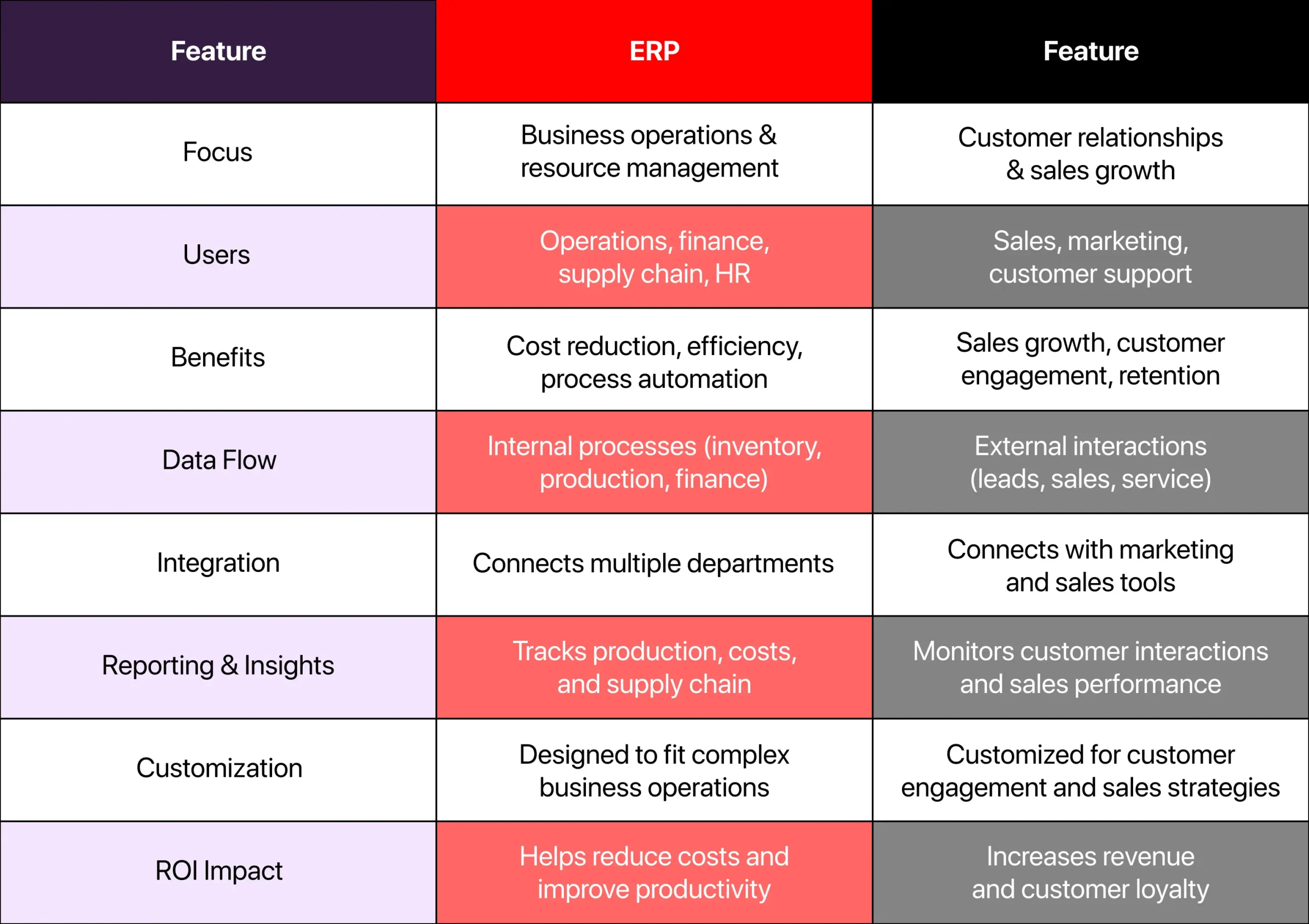
Best approach: ERP & CRM Integration
For manufacturing businesses, combining ERP and CRM offers the best of both worlds. Integrating both systems provides:
- A complete overview of operations and customer interactions.
- Improved efficiency through automated data sharing.
- Better decision-making with real-time analytics.
- Enhanced customer satisfaction and organized production.
When ERP and CRM work together, businesses can avoid data silos and create a more connected environment where information flows smoothly between departments. This results in faster response times, better sales strategies, and improved order management.
ERP implementation & CRM integration best practices
- Define Business Goals – Identify your key challenges and software needs.
- Choose Scalable Solutions – Select ERP and CRM systems that grow with your business.
- Ensure Smooth Integration – Opt for solutions that sync data without manual input.
- Train Your Team – Educate employees on how to use ERP and CRM effectively.
- Monitor & Improve – Continuously track performance and make necessary changes.
A successful implementation strategy ensures that both ERP and CRM align with business needs, providing long-term benefits. Investing in training and selecting user-friendly systems can help employees adapt quickly and maximize efficiency.
Making the Right Investment
Investing in the right business management software is crucial for manufacturing companies. While ERP improves internal efficiency, CRM enhances customer relationships and sales. The ideal approach is to integrate both for a connected, data-driven business strategy.Techbot ERP solves key manufacturing problems like tracking waste, managing inventory, and replacing outdated tools with easy-to-use solutions. It’s built to support teams at every level.
By leveraging ERP implementation and CRM integration, manufacturing businesses can improve operations, increase productivity, and achieve long-term growth. Choosing the right system ensures that your business remains competitive in a fast-changing industry.
Are you looking for a customized ERP solution for your manufacturing business? Explore how Techbot ERP can help you implement the right system to drive growth and efficiency.
Let’s improve your operations and increase your sales—contact us today!
Odoo ERP offers a wide range of modules that cover everything from sales to finance to human resources. However, it’s important to pick the modules that align with your specific business needs. Picking the wrong modules or overloading the system with unnecessary features can result in inefficiencies and increased complexity. Techbot will guide you through selecting the best modules, ensuring that your system is smooth, efficient, and cost-effective. Together, we will make sure that your Odoo ERP setup maximizes productivity while staying focused on your core business functions.

Get the latest tips and updates on ERP software solutions. Subscribe to our newsletter and stay ahead in business!
Latest Post
Recent Posts
- How our ERP solution simplifies multi property management
- UAE E‑Invoicing Phases and Deadlines: What Businesses Need to Know | A Complete Guide
- Odoo Pricing Guide for the UAE 2026 | Key Factors to Consider Before Your Implementation
- Why Clean Data Drives The Highest ROI In Real Estate ERP Projects
- ERP Trends To Watch Before Stepping Into 2026: A Comprehensive Outlook
- Importance Of ERP For Growth And Compliance In Real Estate
- Why You Should Consider Odoo 19 For Your Next ERP Upgrade
- Odoo 19 Migration For Real Estate: Benefits, Risks & Migration Checklist
- How AI Agents In Odoo 19 Are Revolutionizing Business Support
- Top 7 Odoo 19 AI Features Transforming Business Workflows

